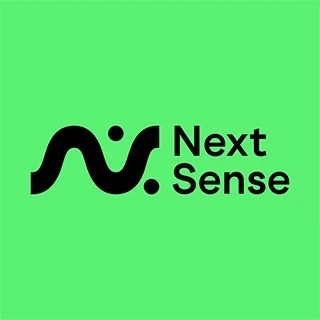The field of ophthalmology is undergoing a significant transformation, with emerging trends and innovations poised to reshape vision care in 2025. These advancements aim to enhance diagnostic accuracy, treatment efficacy, and patient accessibility, offering new hope to individuals with vision impairment.
Artificial Intelligence in Ophthalmology
Artificial intelligence (AI) is revolutionizing eye care by enabling early detection and personalized treatment plans. AI algorithms can analyze retinal images to identify conditions like diabetic retinopathy and age-related macular degeneration at their onset, facilitating timely interventions. This technology not only improves diagnostic precision but also streamlines workflows, allowing ophthalmologists to focus on complex cases.
Teleophthalmology: Expanding Access to Care
Teleophthalmology leverages digital platforms to provide remote consultations and screenings, particularly benefiting individuals in underserved regions. By transmitting retinal images and patient data securely, specialists can assess and recommend treatments without the need for in-person visits. This approach enhances accessibility and reduces the burden on healthcare facilities.
Gene Therapy: Addressing Genetic Vision Disorders
Recent advancements in gene therapy offer promising solutions for hereditary vision impairments. For example, a six-year-old boy born with Leber congenital amaurosis, a genetic disorder causing blindness, had his vision partially restored through experimental gene therapy. This treatment involved introducing healthy copies of the defective gene into retinal cells, highlighting the potential of genetic interventions in restoring sight.
Smart Eyewear: Integrating Technology with Vision Correction
The convergence of eyewear and wearable technology has led to the development of smart glasses that offer more than vision correction. Devices like Ray-Ban Meta provide real-time language translation and weather updates, enhancing daily life convenience. Additionally, the integration of hearing aid functionalities into stylish frames addresses both vision and hearing impairments discreetly.
AI Chatbots and Virtual Assistants in Eye Care
The integration of AI-powered chatbots and virtual assistants is transforming patient engagement in ophthalmology. These tools provide instant responses to common eye health inquiries, assist in appointment scheduling, and offer medication reminders, thereby enhancing patient experience and adherence to treatment plans. By handling routine tasks, AI assistants allow healthcare professionals to dedicate more time to complex patient needs.
Routine Eye Exams as Predictive Tools
Emerging research suggests that routine eye examinations could serve as predictive tools for neurodegenerative diseases. By analyzing retinal scans, clinicians may detect early signs of conditions like Alzheimer's and Parkinson's diseases, as changes in retinal blood vessels can reflect brain health. This non-invasive approach could lead to earlier interventions and improved patient outcomes.



